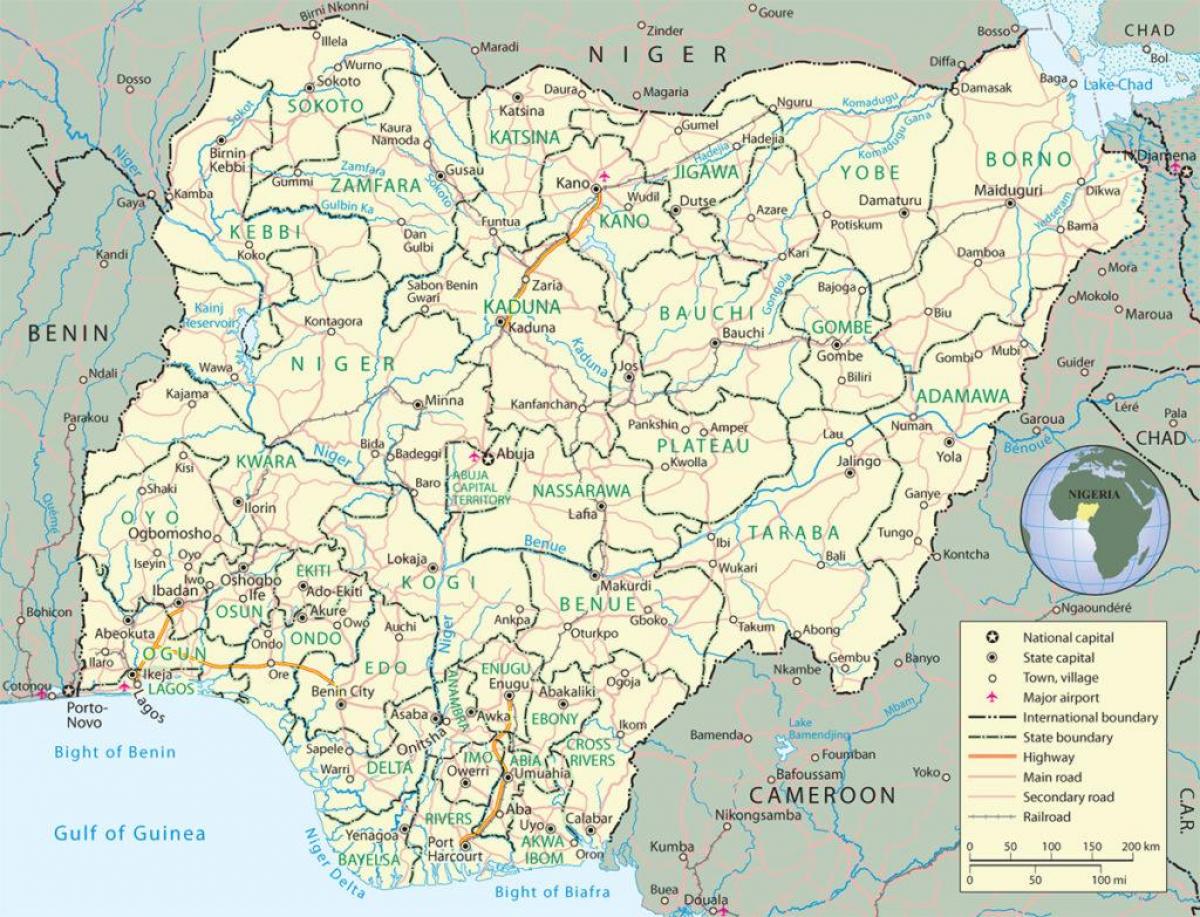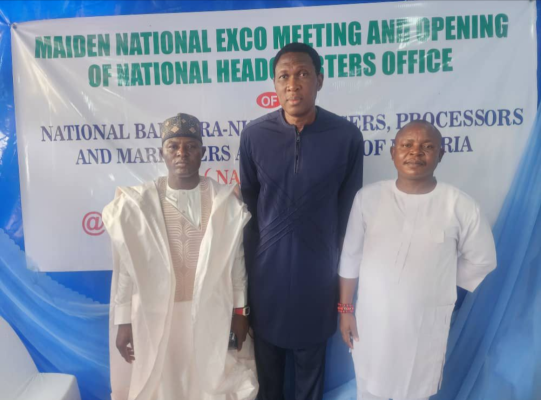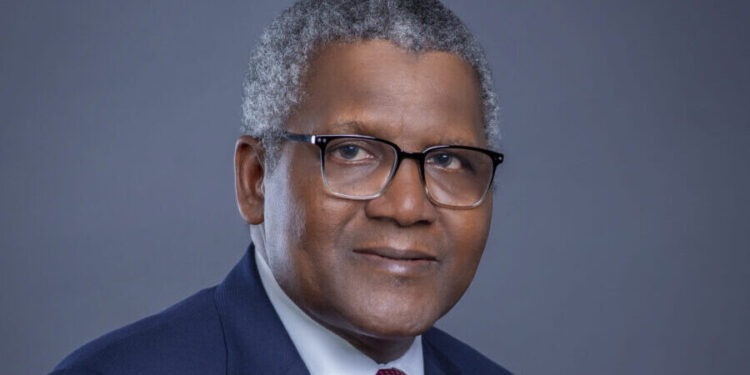
The Competitive Edge: Rethinking Economic Growth in Nigeria and Beyond
In today’s world, borders are less meaningful than ever—trade, technology, and investment move fluidly across continents. For emerging economies like Nigeria, adapting to this global dynamic is about more than keeping up; it’s a matter of survival and future prosperity. Sustained development means more than just growing GDP—it means making the most of our natural strengths, drawing top-tier investment, and ensuring ordinary people benefit from progress.
Private Capital at the Heart of Industrial Growth
The global approach to economic development has changed dramatically over recent decades. Where government spending once steered growth, private investment is increasingly in the driver’s seat. Multinational organizations—think World Bank, IMF, and others—may set broad rules, but the real action happens within countries and their regions. Here in Nigeria, our federal structure should empower each state to build a tailored roadmap to growth——but the current outcomes tell a more complex story.
States Losing Out: Where Is the Investment?
Despite Nigeria’s federal framework, recent data from the Central Bank of Nigeria (CBN) paints a worrying picture: many states haven’t seen meaningful new investment for years. Disputes around data aside, this trend signals a deeper problem. Too many regions have become comfortable with the status quo, relying on allocations from Abuja rather than seizing their own competitive advantages. The result? Slow growth and persistent underperformance on both state and national levels.
Each Nigerian state has something unique to offer—from fertile farmland and mineral resources to vibrant manufacturing hubs, creative talent, or untapped tourist destinations. Yet, these assets go to waste when the environment is unfriendly to private enterprise. Instead of waiting for federal handouts, state leaders need to identify their strongest sectors and cultivate supportive policies and infrastructure to attract and keep investors.
Turning Comparative Advantages into Real Opportunity
There are clear pathways for growth if states are proactive. For example, reviving cotton farming in the North could fuel garment manufacturing in the South, reducing dependence on imported textiles while supporting the surging global appetite for Nigerian-inspired fashion. Building modern cattle ranches and cold-chain logistics along rail lines can help address massive farm-to-market losses, strengthening the entire agricultural value chain. States need to connect their unique assets with broader economic goals for truly shared advancement.
Learning From International Successes: The Power of Healthy Rivalry
History and global experience show that competition between states sparks creativity, attracts business, and drives transformative progress. In the US, for instance, Alabama’s competitive push in the 1990s to secure a Mercedes-Benz plant fundamentally altered the state’s economic landscape, setting it on a path to become a leading automotive hub and attracting industry giants such as Hyundai and Honda.
India offers another instructive case. Gujarat, Maharashtra, and Tamil Nadu fiercely compete for foreign direct investment (FDI), using high-profile summits and leveraging local assets like skilled labour and port access. These rivalries haven’t just benefited individual states—they’ve made India more attractive as a destination for global industries across multiple sectors.
Nigeria’s Missed Opportunities and the Need for a Competitive Mindset
Nigeria, too, has a legacy of subnational rivalry driving development, as seen during the First Republic. Unfortunately, that spirit has faded. When the opportunity arose to host a Toyota assembly plant in West Africa, Nigeria’s states remained on the sidelines, leaving negotiations to the Federal Government alone. The project went to Ghana, illustrating how hesitation and lack of initiative cost communities real jobs and growth.
Ogun State: An Example of Proactive Development
Some states, however, are showing what’s possible when leaders make competitiveness a priority. Take Ogun State, for example. Located next to Lagos, Ogun could have contented itself as a ‘spillover region.’ Instead, it has:
- Invested heavily in road infrastructure to lower transit costs;
- Created industrial clusters and agricultural processing hubs;
- Streamlined business processes through digital systems and one-stop shops;
- Forged partnerships for more reliable electricity supply.
These efforts have made Ogun an alternative destination for investment outside Lagos. But real competition should be about substance, not spectacle. Investors are drawn to robust infrastructure, a skilled workforce, and stable policies, not just incentives or media campaigns. Education and technical training remain vital pillars for attracting high-value industries and sustaining growth.
Investment Summits: Rethinking Their Purpose
Across the country, investment summits have become common, but too often these events are more about political messaging than genuine partnership with private sector leaders. For these platforms to yield tangible results, they need to focus on reform, policy alignment, and fostering long-term relationships. Rhetoric about “state autonomy” must translate into real economic action, or else the cycle of dependence continues unchecked.
Cooperation Across Levels of Government
To unlock subnational competitiveness, synergy is key. The Federal Government’s current industrial plan outlines a vision for private-led growth, but states must not only align with these national priorities—they should also tailor solutions to their local context. When different tiers of government collaborate and synchronize their efforts, Nigeria presents itself as a coalition of vibrant, opportunity-rich “mini-economies,” multiplying its appeal to prospective investors.
Avoiding the Pitfall: Over-Taxation and Red Tape
In the push to boost Internally Generated Revenue (IGR), some states have unintentionally harmed growth, creating complicated tax regimes and introducing bureaucratic roadblocks that choke off private enterprise. The best way forward isn’t more taxation—it’s building trust, simplifying processes, and supporting enterprise. The upcoming Nigeria Tax Act 2025 is an opportunity for states to harmonize their approaches, benchmark against global best practices, and catalyze broader economic participation.
Building Institutions that Inspire Confidence
For sustainable progress, states must invest in strong, transparent institutions and predictable policy frameworks. This means ditching unstable, ad hoc regulations and prioritizing clear rules that foster investor confidence. Peer review, healthy benchmarking, and willingness to learn from one another will drive collective improvement. The innovative spirit of Nigeria’s First Republic remains a resource we can—and should—revive.
Looking Ahead: States Hold the Key
Nigeria’s future isn’t solely decided in the corridors of Abuja. It’s shaped day-by-day in state capitals, council rooms, and communities across the country. States that embrace competition and innovation, tap into their unique resources, and work collaboratively will be best placed to attract investment, create jobs, and drive inclusive development. The warning from the CBN about lagging capital inflows is not just a red flag—it’s a wake-up call for state leaders to step up and shape their own destinies.
To break free from the cycle of dependency, Nigerian states must turn their demands for autonomy into bold economic initiatives—championing homegrown enterprise, leveraging local talent, and building resilience through competition. As West Africa’s biggest economy, Nigeria’s states have what it takes to lead, but only if they put competitiveness, innovation, and good governance at the forefront of their agenda.
Your Take: What’s Next for Subnational Growth?
Do you think Nigerian states are doing enough to attract investment and create jobs? What practical steps should state leaders prioritize in your region? Share your thoughts below and let’s keep the conversation going—West Africa’s future may just depend on it.
Have a story about business innovation, state policy, or economic development? We’d love to feature your insights! Share or sell your story directly to us at story@nowahalazone.com.
For general questions or support: support@nowahalazone.com
Stay up to date and join the discussion—follow us on Facebook, X (Twitter), and Instagram for more news and local stories!










